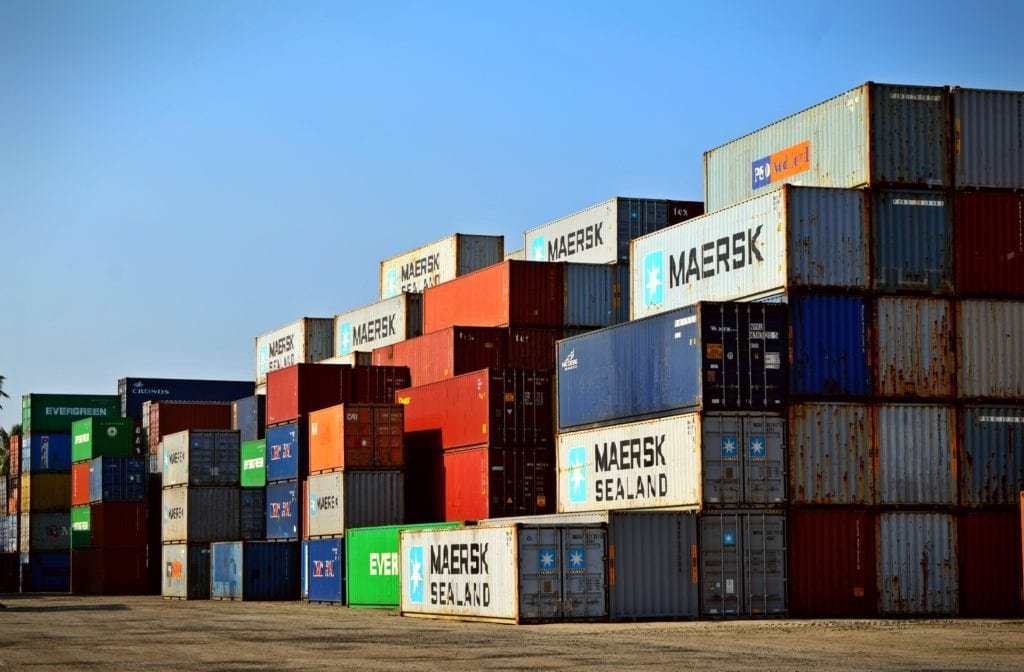Driven by the performance of the trade balance, Brazil develops customs policies with the objective of both restricting and encouraging imports or exports.
As medidas antidumping são uma das formas encontradas pelo governo para limitar, temporária ou definitivamente, certas importações. Estas restrições são impostas pelo Governo quando comprovado que um produto originário de um país específico está prejudicando a indústria nacional.
In addition, the country can also intervene in the performance of exports. This can happen for economic or political reasons. An example of this economic intervention are the cases in which the State seeks to avoid the scarcity of the product in the national market.
On the other hand, incentives can be of tax origin (exemption and suspension of taxes or reduction of tax rates), as well as through financing and guarantees to foreign trade operations. With these benefits, the government seeks to enable imports and make national companies more competitive in the international market.

The experience in the market has enabled us to understand that:
• The cheapest product may not be from suitable supplier;
• • Financial risks are converted into a dollar or euro;
• • The ignorance of some standard or lack of negotiation of some institute can make the operation more expensive;
• • Foreign trade has its own Legislation;
• • Exploring foreign trade requires responsibility, courage and sensitivity;
• • The players that make up this operational chain have specific attributions and responsibilities.

A rapidez dos negócios internacionais, as boas oportunidades que o comércio exterior traz e a dinamicidade do mercado fazem com que as operações de importação e exportação aconteçam com mais facilidade. Nada obstante, por vezes, esses negócios são realizados de forma amadora ou inexperiente.
Thus, in order to keep up with the speed of these operations, the market demands increasingly qualified professionals with expertise both in the technical and practical aspects of the business.
Due to that, before exploring foreign trade, seek specialists in the area who help you reduce the risks of the operation and guide you to enter safely in the international market.
Would you like to know how? Comexjus makes it easy!
Developing a market abroad, whether through imports or exports, is a market survival strategy.
The speed of product innovation, the search for new consumer markets and the possibility of economy of scale are some of the factors that lead companies to expand their business in international trade.
In general, countries make imports because they are not always ahead of technology and what is new in the market.
Através das importações, as empresas conseguem oferecer produtos mais competitivos, modernos e de melhor qualidade. Sem falar, é claro, na possibilidade de ganhos com economia de escala, dada a redução dos custos de produção e aumento da lucratividade.
If you entrepreneur has an interest in developing suppliers abroad but don't know how, we know how to help you.
In addition to the benefits offered by the government to encourage exports, companies can also gain with the internationalization of the product in another country.
Além disso, podemos falar sobre a diminuição à dependência do mercado nacional e a possibilidade de obtenção de elevados lucros com a conversão do câmbio dada, a desvalorização do real frente ao dólar e euro.

That imports cost a high amount of investment, we already know. But what many entrepreneurs do not know is that if this operation is carried out irregularly or in disagreement with customs legislation, the final cost of the product may even become unfeasible.
The interesting thing to do is to carry out the customs legal advice prior to the formalization of the contract. With this, we can avoid certain incongruities in transactions and make import and export viable.
Thus, considering the specificities of these negotiations, Comexjus works by advising companies in foreign trade operations, as well as legally representing them in customs proceedings.

Uma empresa de consultoria especializada nos segmentos de importação e exportação, que presta serviços de assessoria às empresas interessadas em expandir seus negócios.